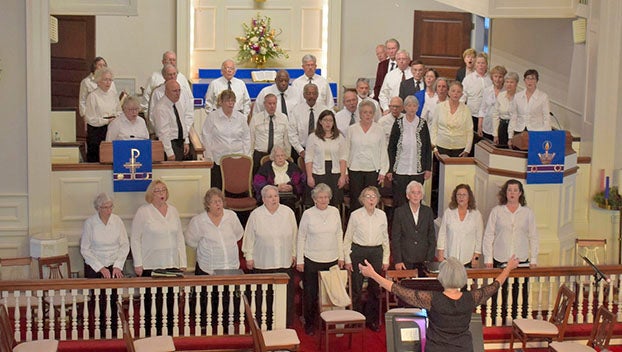ACLU urges release of some nonviolent offenders
Published 6:00 am Saturday, April 11, 2020
|
Getting your Trinity Audio player ready...
|
As the coronavirus hits correctional facilities, the ACLU is calling for the release of some nonviolent inmates to help prevent outbreaks and keep residents and staff safe.
The Virginia ACLU submitted a letter to the governor, along with the executive guidance document. The document focuses on reducing the overall populations in local and state custodial facilities, including reducing the intake of people. The organization called for an immediate release of all people identified by the Centers for Disease Control and Prevention as at-risk for COVID-19, such as older people and people with underlying health conditions, whose sentences would end in the next two years. The ACLU also wants the governor to begin a process of immediate release for anyone whose sentence would end in the next year, anyway.
There are a limited number of eligible parole cases that can be reviewed for early release, according to Secretary of Public Safety and Homeland Security Brian J. Moran, who said at a press conference recently that an expeditious review is “still ongoing.”
“There are a number of challenges because by the code we have no parole in the Commonwealth of Virginia,” Moran said. “It is limited to geriatric release and limited to those who are sentenced before 1996.”
Moran said the parole board has withdrawn warrants on technical violations for a number of individuals and has expedited release of parole for those already paroled, in an effort to eliminate interaction between the parole supervisor and the individual.
Three inmates at the Virginia Correctional Center for Women in Goochland have tested positive for the novel coronavirus, according to the Virginia Department of Corrections. One inmate at the Central Virginia Correctional Unit 13 for women has tested positive for COVID-19, according to VADOC. Four VADOC employees and one contractor have also tested positive for the virus.
“We need strong leadership that will move us more quickly toward a criminal legal system that is safe for everyone,” ACLU Executive Director Claire Gastañaga said in a press release. “To do this, we must jettison the ‘tough on crime’ hyperbole and recognize this pandemic as an opportunity to rethink the way we choose to use the criminal legal system to address issues of poverty, income inequality and addiction.”
Almost two weeks ago the governor announced measures to battle the coronavirus outbreak among residents and staff, such as modifying sentences, diverting offenders from serving jail terms, utilizing home electronic monitoring and reducing low-risk individuals being held without bail.
Elliott B. Bender, founder of Bender Law Group in Richmond and president of the Virginia Association of Criminal Defense Lawyers, said that the governor’s measures are great in theory “for the safety of all of us.” However, he is concerned that they are not being implemented consistently and completely. Consistency and getting all branches of government on the same page are important in this process, according to Bender.
Moran said state code mandates the victims involved need to be notified of a prisoner’s potential early release.
“And you have to provide victims time to weigh in on the decision,” Moran said. “And that is an ongoing process as well.”
To combat the virus, visitation and volunteer activities remain closed at correctional facilities, according to the VADOC. People entering VADOC correctional facilities will be screened using thermometers. In addition, the department ordered 112,000 additional bars of soap. Virginia Correctional Enterprises, which employs incarcerated people to produce a variety of goods, is now manufacturing about 30,000 sneeze and cough guard masks per day for inmates and staff, according to VADOC. All employees must assess their risk on a daily basis prior to work.
Also, there are measures taken to ensure safety once a person leaves a VADOC facility. All inmates leaving a correctional facility are screened for COVID-19 on the day of their release, according to VADOC.





